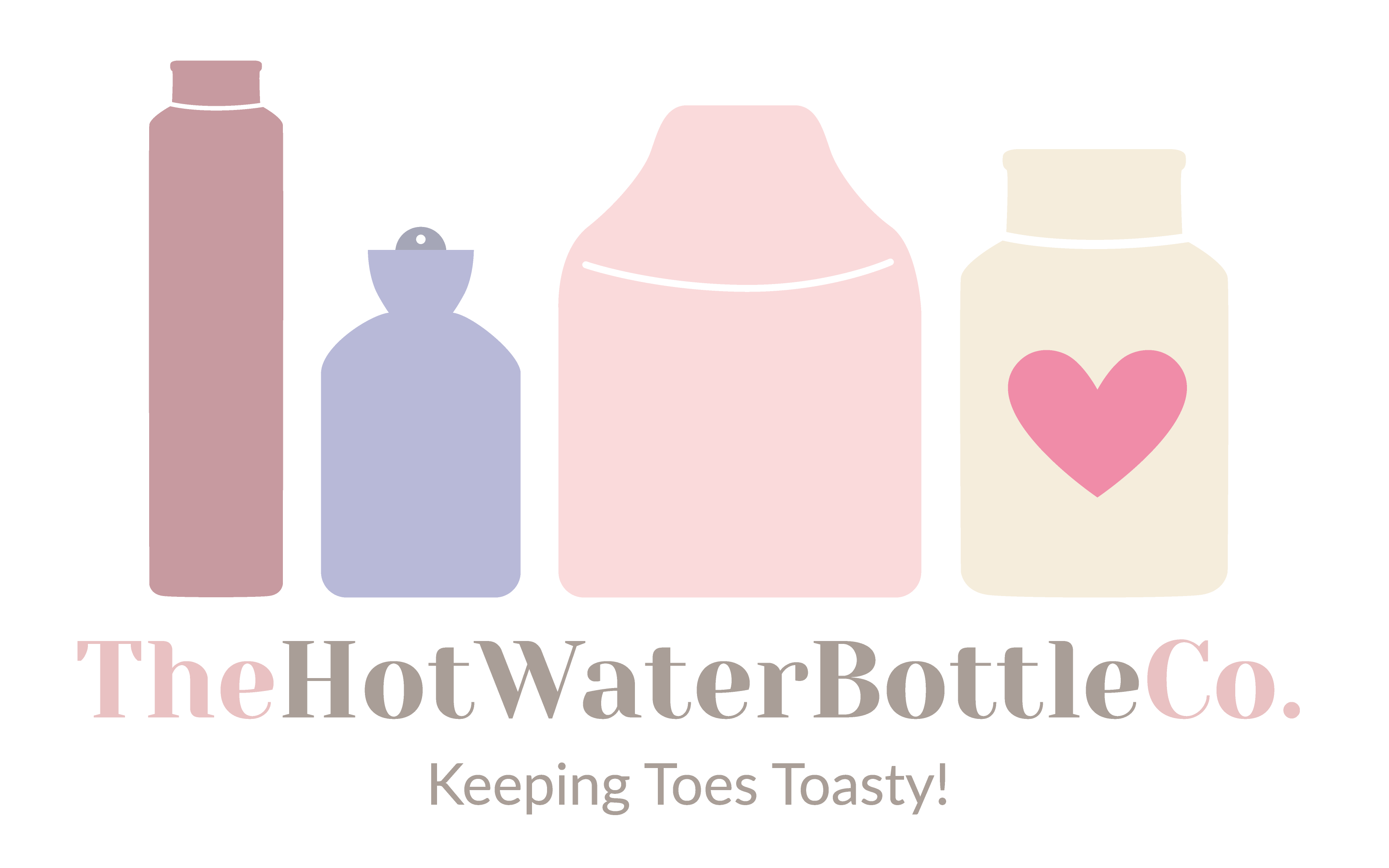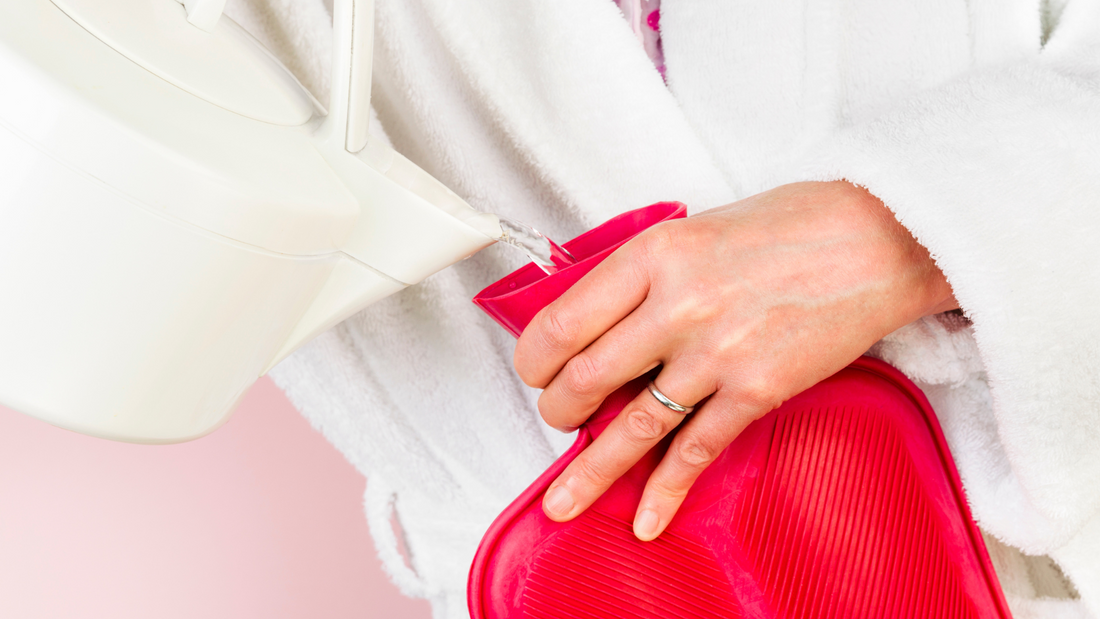As we look to for ways to keep snuggly and warm this winter, millions of us will be investing in that characteristically British product: the hot water bottle. It is important when shopping for a hwb that you carefully consider the quality of the product you are buying and understand whether or not it conforms to the internationally recognised British safety standard 1970 for rubber and PVC hot water bottles. The Standard requires that the manufacturers follow strict guidelines on producing the product, testing the product for purpose and ensuring that the customer has clear instructions for safely filling, using, caring for and storing the hot water bottle.
The Current British Standard for hot water bottles is 1970:2012.
As a consumer the things you need to look out to look out for when buying a hot water bottle are:
- The British Standard Mark - The current standard 1970:2012 should be marked clearly on the body of the hot water bottle.
- The Manufacturer’s and/or Distributors mark - This should be marked clearly on the body of the hot water bottle, so that in the event of a serious defect with the product the manufacturer/distributor can be located.
- That the hot water bottle comes with full instructions for use - This should be followed closely and kept for future reference.
It is also wise to check the following:
- The date daisy - Look for the number in the centre of the daisy. This shows you the year in which the hot water bottle was produced. It is advised that you don’t buy a hot water bottle that has been produced more than 2 years previously. The reason for this is that how a hot water bottle is stored affects its rate of deterioration. Retailers should follow the BS 1970:2012 instructions for storage but this does not always happen.
- That the stopper fits the hot water bottle correctly - Test the stopper by screwing it in and out of the bottle. It should be easy to fit and use.
- The Guarantee offered - Unless explicitly stated any guarantee that is printed on the product is against manufacturing defects only. The guarantee does not cover general deterioration of the hot water bottle which is attributable to individual use.
When buying a rubber hot water bottle you should also have a feel and smell the product. A product with a high rubber content means that your hot water bottle will stay warmer for longer as rubber is a great insulator of heat! The best way for you to tell this is by feeling and smelling the product. The more rubbery the smell (which will disappear after a couple of uses!) and the softer, more rubbery feel a hot water bottle has indicates a higher rubber content. A bottle that feels slippery, chalky and brittle, looks shiny and doesn’t have a rubber smell generally indicates a lower rubber content. This means that the bottle has more additives in it’s “recipe”, the main one being chalk, which can cause the bottle to become brittle and deteriorate quickly.
Another thing to consider is the price you are paying for the rubber hot water bottle. Rubber prices are like gold prices therefore a bottle which costs a little bit more will generally have a higher rubber content.
Finally, be aware of where you are buying your hot water bottle from. If you are buying your hot water bottle from a shop be sure that the hot water bottles are not being displayed in direct sunlight or above any sources of heat eg, a heater or radiator, and also check the date daisy to make sure the hot water bottle has not been hanging around for more than 3 years.
We want everyone to stay safe using their hot water bottle this winter and hope this guide helps you to choose the best bottle.

